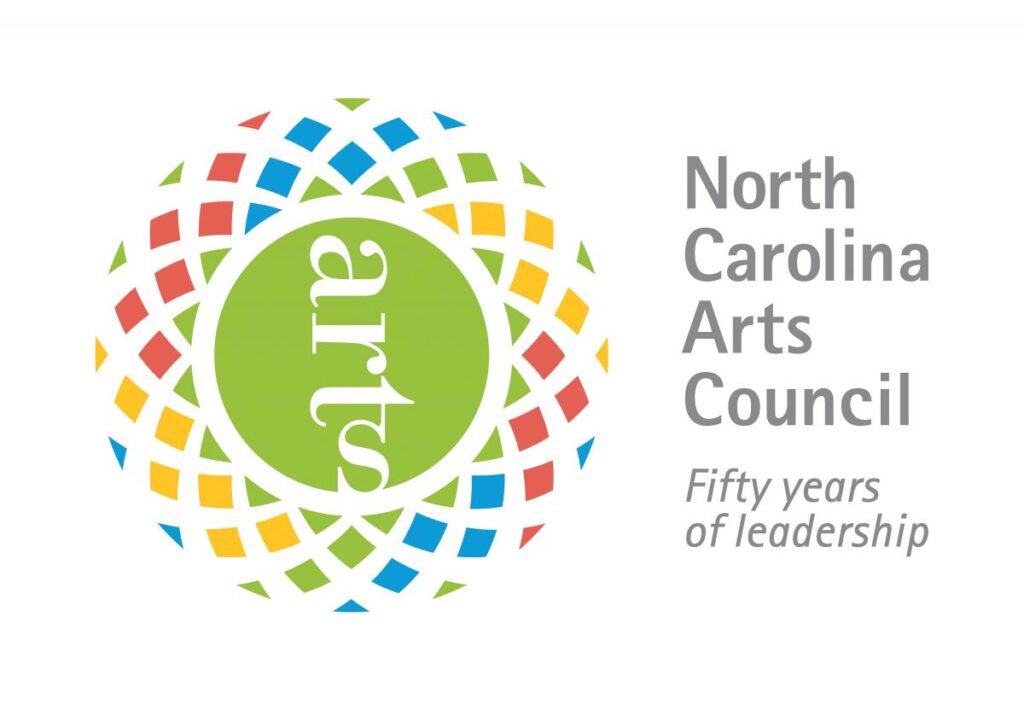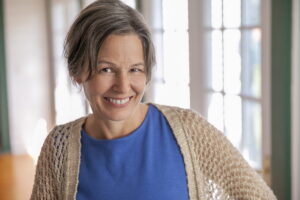nothing can get you
from “Salt of the Earth”
but the journey that led you here
Singing Riptide: September 4, 2025
“There’s a crash in all of our lives, whether it is the result of bad choices or circumstances we don’t control. How we live through our hardships determines who we become. Cheryl Wilder’s Singing Riptide is a book for all who have fallen and all who have had the strength to get back up.” —Barbara Presnell, author of Otherwise, I’m Fine
“Singing Riptide is an intense book of memory and regret, but also a marvelous triumph in the fact that her poetry itself creates a way for both poet and reader of this rewarding book to discover what Ross Gay would also call ‘unabashed joy,’ and yes, redemption.” —Richard Jackson, author of Footprints and 18 other books
Replete with reflective moments and sometimes-unexpected connections between life events, past perception, and the outcomes of good and bad choices, Singing Riptide is an astute and accessible attraction for readers interested not just in literature, but in psychological revelation.-Diane Donovan, Sr. Reviewer, Midwest Book Review
Purchase options
Publisher: Press53
Local bookstore: Persnickety Books, Burlington, NC
Affiliate program: Bookshop (I receive a small commission.)
Online retailer: Amazon
Word of mouth is the way books get into the hands of new readers. Please review online to spread the word.
Book details
ISBN 978-1-950413-99-7
Publication date: September 4, 2025
6″ x 9″ softcover, 82 pp, $17.95
Press 53
P.O. Box 20314
Winston-Salem, NC 27130
Companion collection to Anything That Happens
Contact Hannah Larrew at Spellbound PR for all media and event related queries: hannah@spellboundpublicrelations.com.

Susan E. Morris of the Independent Review says of Anything That Happens, “the collection leaves me on a low note, hoping for another volume yet to come where Wilder feels she’s earned the redemption she so desperately seeks.” Singing Riptide is that redemption.
Singing Riptide is supported by the North Carolina Arts Council, a division of the Department of Natural and Cultural Resources, with funding from the National Endowment for the Arts and Durham Arts Council, local grants administrator.

Advance praise
Diane Donovan, Sr. Reviewer, Midwest Book Review; Editor, Donovan’s Literary Services
Singing Riptide accompanies the prior memoir-in-verse Anything That Happens, which chronicled the root of Cheryl Wilder’s shame: She got behind the wheel when she was too drunk to drive, crashed the car into a pole, and her friend in the passenger seat suffered a life-altering brain injury. This poetry collection takes the next step in discovery and recovery by incorporating some of the lessons Wilder emerged with, from forgiveness and contentment to examining an absent father’s impact on her life.
The poems move through grief, acceptance, reflection, and growth, leading readers into territory they may need to navigate themselves—so the collection is not without its emotional turbulence along with life lessons.
One example is “For Years I Pull My Existence Out of Emptiness,” which considers:
Emptiness engorged with darkness
by which I mean
guilt, by which I mean
shame—the way it holds on. Emptiness
from which I pull existence
with every slid-open eyelid
every morsel that quenches my lips
Readers reflecting on the outcome and progression of Wilder’s life can’t help but draw close connections between her self-analysis and their own worlds. This may prove triggering to some but ultimately provides a blueprint of life understanding that marries the literary countenance of free verse with the psychological growth of self-inspection and realization.
Libraries seeking emotionally driven reflections on guilt, recovery, and moving onward and upward should make Singing Riptide part of any collection strong in contemporary free verse poetry.
Replete with reflective moments and sometimes-unexpected connections between life events, past perception, and the outcomes of good and bad choices, Singing Riptide is an astute and accessible attraction for readers interested not just in literature, but in psychological revelation.
Richard Jackson, author of Footprints: Poems and 18 other books
“To believe in a poem is to believe / in the mind at work” is what Cheryl Wilder asserts in this deep and captivating journey. And it was Keats who said that the poet must be “capable of being in uncertainties, Mysteries, doubts, without any irritable reaching after fact and reason.” And it is Cheryl Wilder who, writing about her own tragedy realizes that her “journey ends / without passing through the gate” of finality and certainty, and, like Keats, she knows that to write this one must keep “the whole body in conversation” as it ranges over times and places she visits. Which is to say that Singing Riptide is an intense book of memory and regret, but also a marvelous triumph in the fact that her poetry itself creates a way for both poet and reader of this rewarding book to discover what Ross Gay would also call “unabashed joy,” and yes, redemption.
Barbara Presnell, author of Otherwise, I’m Fine
There’s a crash in all of our lives, whether it is the result of bad choices or circumstances we don’t control. How we live through our hardships determines who we become. Cheryl Wilder’s Singing Riptide is a book for all who have fallen and all who have had the strength to get back up. As the poet confronts a difficult past of loss and uncertainty, she learns to accept life’s gifts—children, love, forgiveness, the ocean’s coming in and going out—and learns to “reveal / myself to myself so I can / walk into a moment where I am ready to allow / someone to love me.” This collection is a gift of recovery and forgiveness, a testament that despite the very worst, the very best will prevail.
Nicole Gulotta, author of Wild Words: Rituals, Routines, and Rhythms for Braving the Writer’s Path
In Singing Riptide, Cheryl Wilder walks “hand-in-hand with the past that cannot be changed,” holding up a mirror to herself with unflinching honesty while wrestling with questions like how much punishment is enough, when we’re allowed to walk away, and most vulnerably, what might be waiting on the other side of self-judgement. This collection reminds us that transformation requires both being witnessed and loved by others and, crucially, never abandoning ourselves as we learn to gently “strip shame’s tendrils,” no matter how long it takes.
Debra Kaufman, author of Outwalking the Shadow
In Singing Riptide, Cheryl Wilder understands that the body holds trauma and memory, and that the shadow of shame can pop up anywhere–in a mirror, at the grocery store, or walking along the beach. Forgiveness is an iterative process, one that takes honesty, many turns, and deep inner work: “It’s hard to know when enough / is enough, whether it’s time to enjoy / the sea at your doorstep, or dig.” She brings the reader along as she reflects on conflicts and regrets and finds solace and beauty in relationships, in books and nature, in solitude, and in appreciation for the small things that save us daily. And of course, in writing itself. “Where else / can I find forgiveness / but in the repetition of pen / on paper?” These hard-wrought poems show us grace and self-awareness as the poet discovers acceptance of what has been, what endures, and what continually unfolds.




